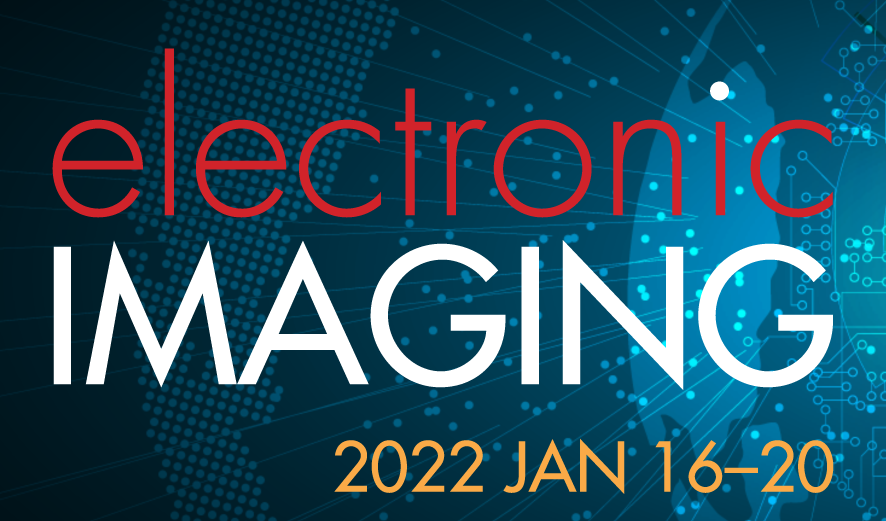
Advancements in sensing, computing, image processing, and computer vision technologies are enabling unprecedented growth and interest in autonomous vehicles and intelligent machines, from self-driving cars to unmanned drones, to personal service robots. These new capabilities have the potential to fundamentally change the way people live, work, commute, and connect with each other, and will undoubtedly provoke entirely new applications and commercial opportunities for generations to come. The main focus of AVM is perception. This begins with sensing. While imaging continues to be an essential emphasis in all EI conferences, AVM also embraces other sensing modalities important to autonomous navigation, including radar, LiDAR, and time of flight. Realization of autonomous systems also includes purpose-built processors, e.g., ISPs, vision processors, DNN accelerators, as well core image processing and computer vision algorithms, system design and architecture, simulation, and image/video quality. AVM topics are at the intersection of these multi-disciplinary areas. AVM is the Perception Conference that bridges the imaging and vision communities, connecting the dots for the entire software and hardware stack for perception, helping people design globally optimized algorithms, processors, and systems for intelligent “eyes” for vehicles and machines.
"Autonomous Vehicles and Machines 2022 Conference Overview and Papers Program" in Proc. IS&T Int’l. Symp. on Electronic Imaging: Autonomous Vehicles and Machines, 2022, pp - , https://doi.org/10.2352/EI.2022.34.16.AVM-A16
